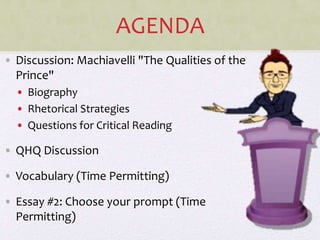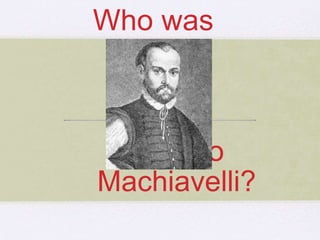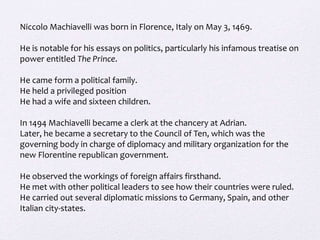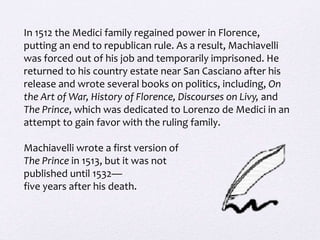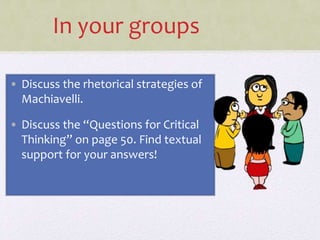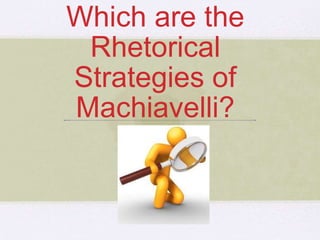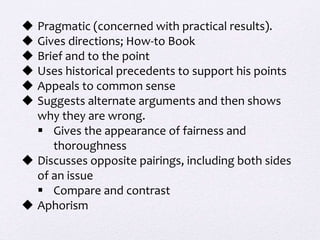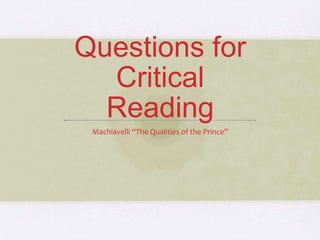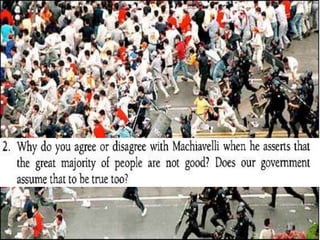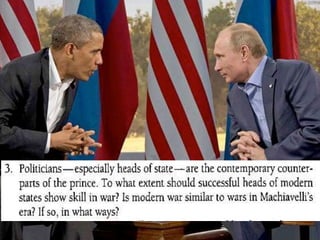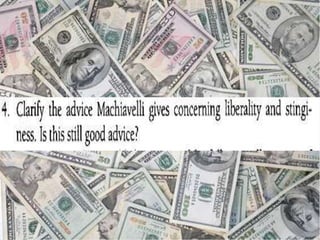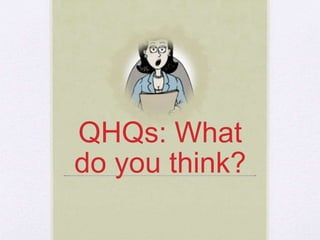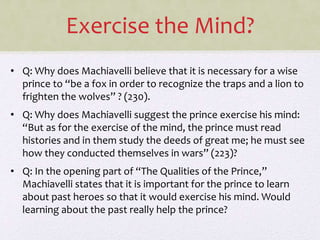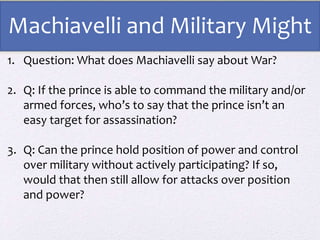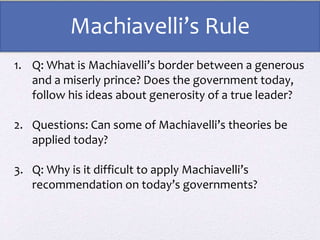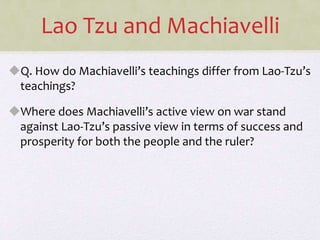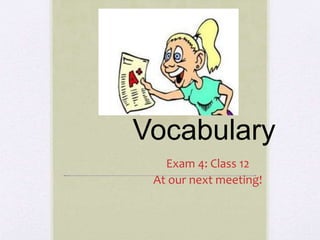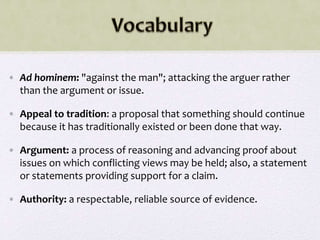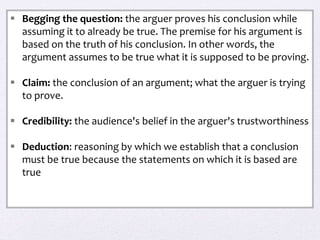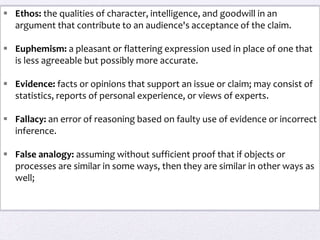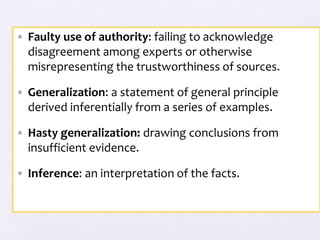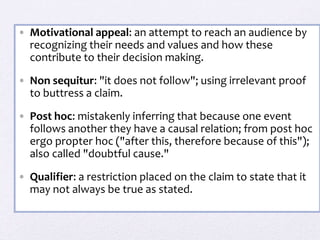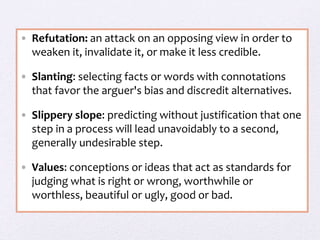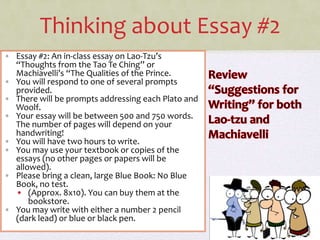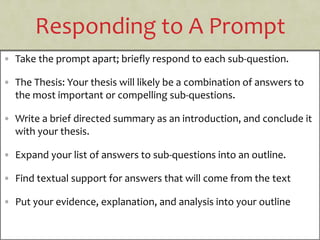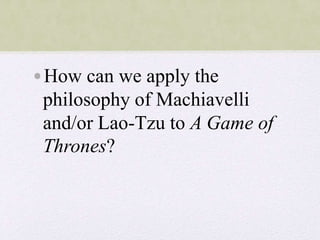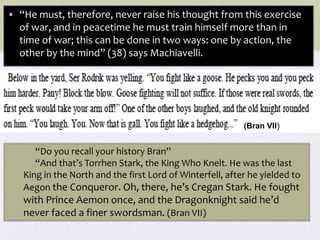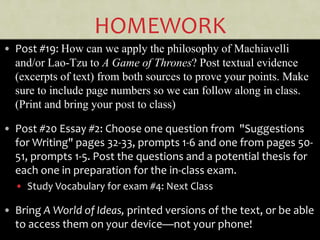This document discusses ambiguity in writing. It begins by defining ambiguity as occurring when a word, phrase, or sentence can have multiple possible interpretations, making the intended meaning unclear. While some writers intentionally use ambiguity, it generally just leads to confusion.
There are two main types of ambiguity discussed - ambiguity from words with multiple meanings, and structural or grammatical ambiguity. Words like "sharp" and "date" are given as examples of words with multiple meanings that can cause ambiguity. Structural ambiguity occurs when competing grammatical structures in a sentence make the intended meaning unclear. Examples of structurally ambiguous sentences are provided.
The document concludes by stating ambiguity should be resolved by clarifying the intended meaning of ambiguous words or reph
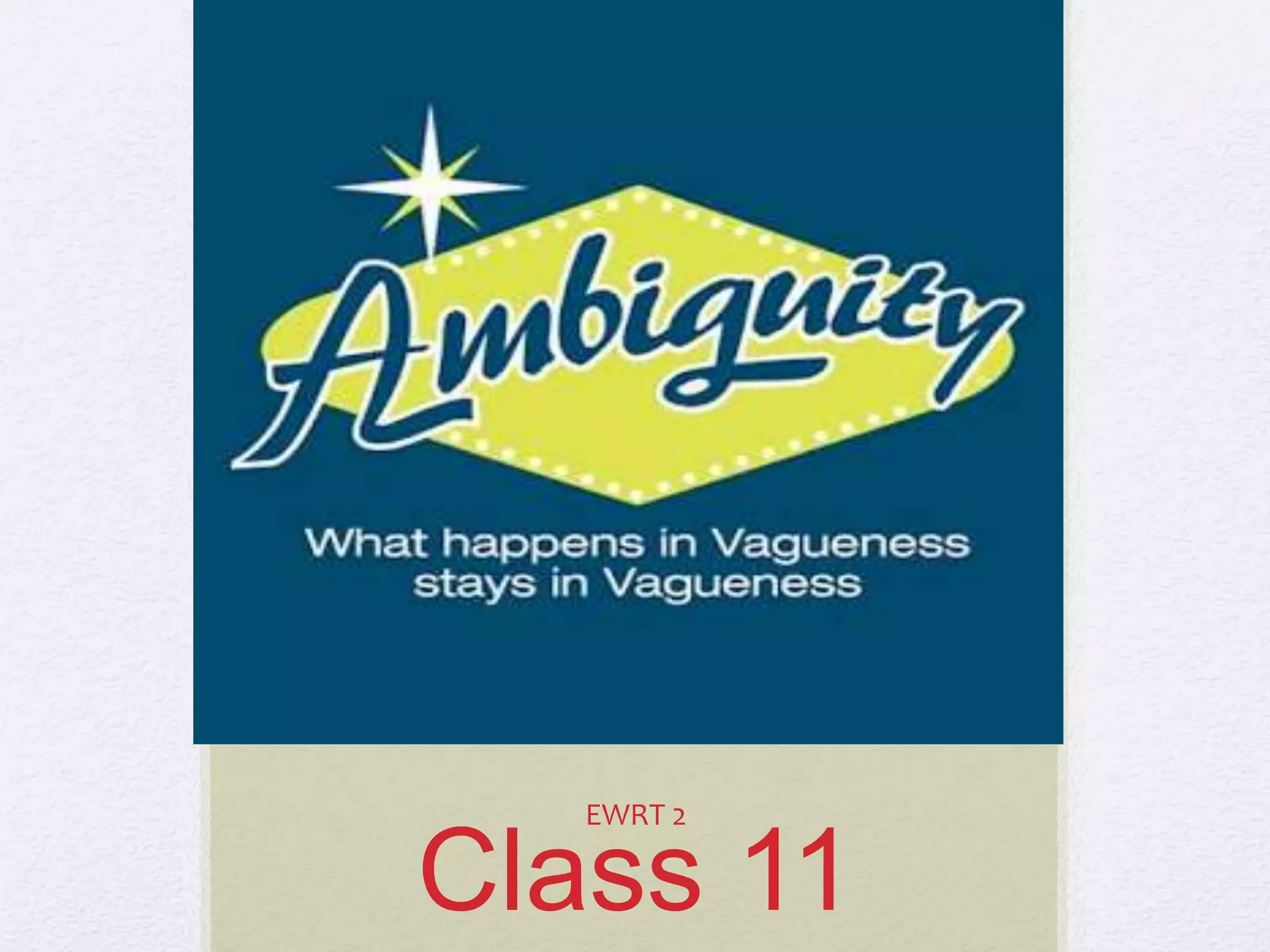
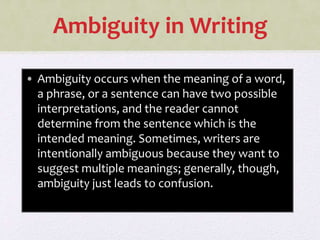
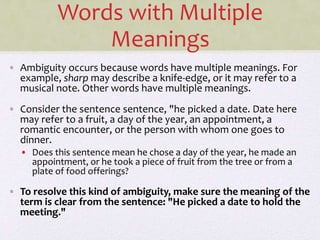
![Structural or
Grammatical Ambiguity
• This type of ambiguity occurs when the reader can't determine the intended
meaning because the sentence contains two competing grammatical structures.
• For example: The sentence, "Talented women and men should apply for this
job," has two possible readings. First, the sentence can mean "[Talented
women] and men should apply for this job." In this case, the men need not be
talented to apply, but the women must be talented. Second, the sentence can
mean "[Talented women] and [talented men] should apply for this job. Both the
women and the men should be talented.
• Likewise the statement, "They can fish," has two possible meanings. First, "they
are able to fish," which can mean that they have the ability or the opportunity to
do so. Second, the statement can mean that they put fish into cans, a
manufacturing or storing process.
• To resolve structural/grammatical ambiguities, rephrase the sentence.](https://image.slidesharecdn.com/ewrt2class11machiavelli-161031154238/85/Ewrt-2-class-11-machiavelli-4-320.jpg)
